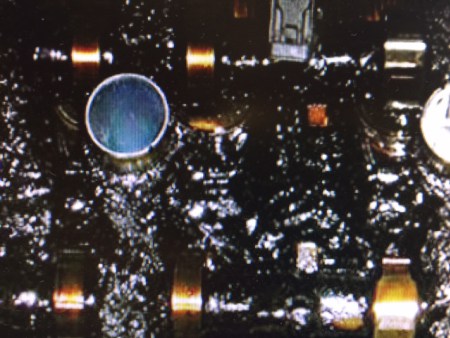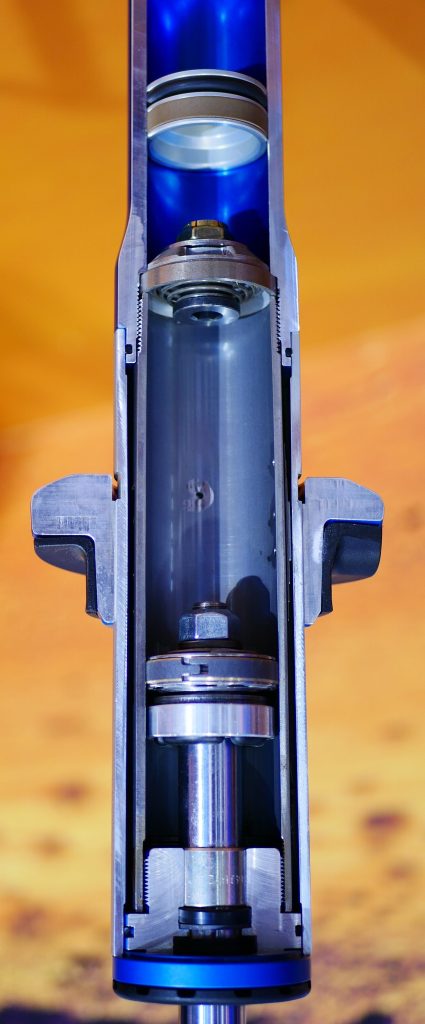How Engine Sludge Develops. You Can Easily Prevent It.
Sludge.
It’s a disgusting phenomenon. Even the word sounds gross, like the thing it’s describing. The word for this is onomatopoeia, a strange word that many of us learned in high school English class. Splash. Grunt. Whoosh. Swish. Hiss. Frumpy. You know what I’m talking about.
What is sludge?
Sludge is a black gelatinous goo that renders equipment inoperable if not dealt with. And long before the engine’s demise, sludge can foul its sensors and interfere with performance. Some mechanics call it the “black death.”
How does motor oil, which is fluid, become a semi-solid paste or gel inside an engine?
How engine sludge forms
Essentially the formation of engine sludge is the result of a series of chemical reactions. The lubricant itself degrades as it is exposed to oxygen and elevated temperatures. The higher the temperature, the more rapid the rate of degradation. The by-products of this reaction form highly reactive compounds that further degrade the lubricant. Their by-products then react with other contaminants, forming organic acids and high-molecular-weight polymeric products. These products further react, forming the insoluble product known more commonly as sludge. What begins as a thin film of lacquer or varnish deposits on hot or cold metal surfaces eventually bakes into an expensive mess.
Synthetic base oils help prevent sludge
Fortunately, sludge and varnish deposits are something we oil manufacturers have a measure of control over. Using thermally stable base oils reduces the rate of initial degradation (oxidation). A good example of this is the use of common synthetic base oils such as API Group III, PAOs and Esters. Anti-oxidant additives help reduce the rate of degradation as well. One of the most widely used is zinc dithiophosphate. Not only is it an excellent oxidation inhibitor, it is an outstanding anti-wear additive as well. If you want to try AMSOIL and are on a budget please try a case of the OE line – Here’s the 5w-30 in a 100% synthetic and outperforms shelf oils priced higher. It also won’t leave deposits and won’t fail API sting operation testing as many bulk oil lube centers have been found to.
So do high-quality additives
We can further address many of the issues occurring after the initial oxidation stage. Additive chemistry such as detergents and dispersants are commonly part of motor oil formulation. They help promote the suspension of contaminants within the oil and keep them from agglomerating. Detergents, which are also alkaline in nature, assist in neutralizing acids that are generated in the sludge-building process. Anti-oxidant, dispersant and detergent additives are consumed during use. To achieve maximum life expectancy, use an oil with high concentrations of these additives.
Severe service invites sludge
Good lubricants minimize sludge and varnish issues. How the equipment is used also has a bearing on the likelihood of sludge or varnish issues.
Stop-and-go driving, frequent/long-term idling and operation in excessively hot or cold weather can all increase the likelihood of sludge and varnish, especially if using more volatile conventional oils.
Interestingly, most auto manufactures note in their owner’s manual that operation under any of the above conditions is considered severe service and requires more frequent oil changes. From a mechanical standpoint, things like adding too much oil to the oil sump, antifreeze contamination, excessive soot loading, excessive oil foaming, poor engine combustion efficiency, excessive blow-by and emission-control-system issues can all lead to the formation of sludge and varnish.
By practicing good maintenance and using properly formulated, premium synthetic lubricants, like AMSOIL synthetic motor oil, your vehicle won’t succumb to the “black death.”










